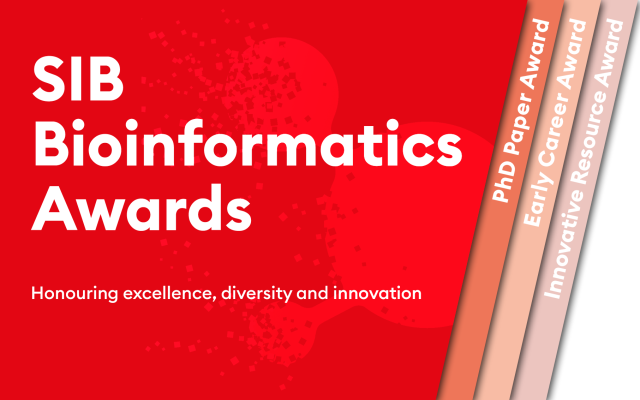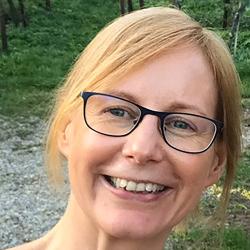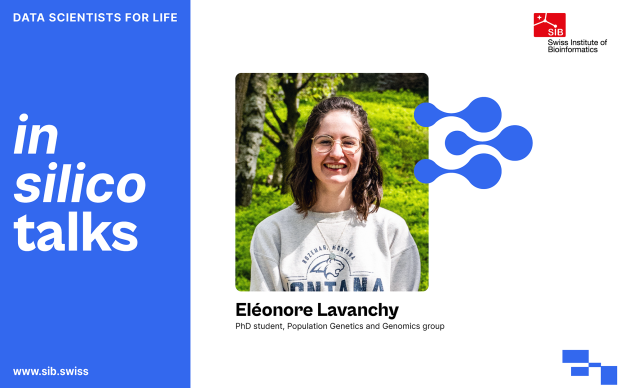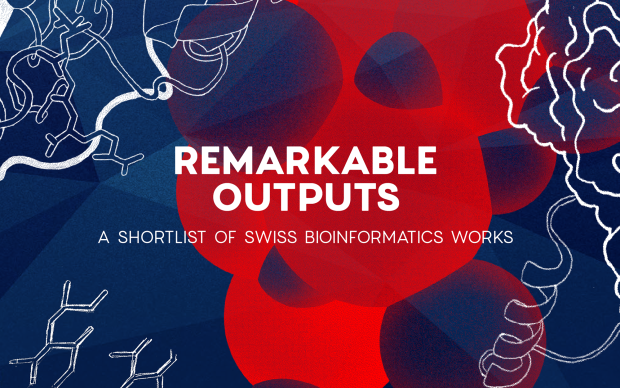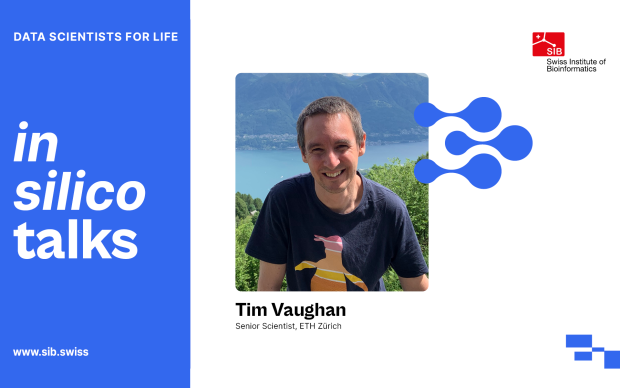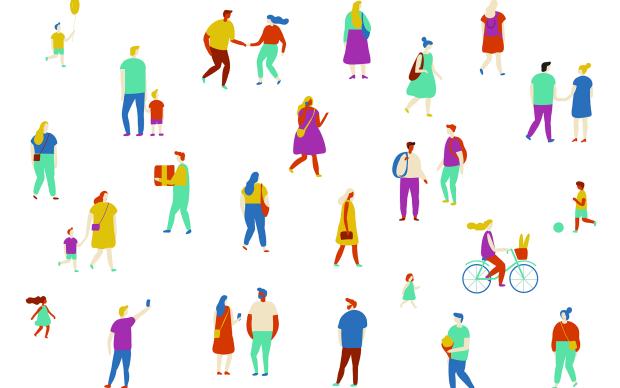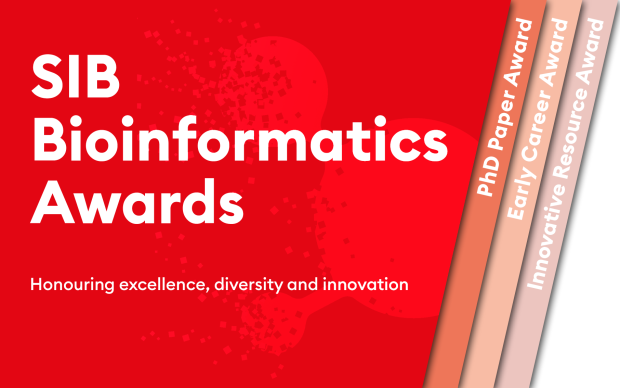Josephine Daub – Laureate of the 2014 SIB Best Swiss Bioinformatics Graduate Paper Award
Josephine received the award for her paper on the “Evidence for Polygenic Adaptation to Pathogens in the Human Genome”. The paper was published as part of her doctoral studies in the team of SIB Group Leader Laurent Excoffier at the University of Berne.
Today, Josephine is working as a postdoc in the group of Patrick Kemmeren at the Princess Máxima Center for Pediatric Oncology in Utrecht (Netherlands). There she focusses on the development of a computational pipeline to identify genetic interactions in childhood cancer. To read more about her current research project, have a look at the Kemmeren group webpage and follow @JoDaub on Twitter.
About the SIB Bioinformati Awards and our interview series “Meet the past SIB Awards Laureates”
Started in 2008 as an initiative to distinguish young bioinformaticians in Switzerland, the SIB Bioinformatics Awards have gone a long way since: from a single national award to three different prizes today, honouring 1) international early career bioinformaticians (SIB Early Career Bioinformatician Award), 2) excellency within the Swiss PhD community (SIB Best Swiss Bioinformatics Graduate Paper Award) and 3) innovative bioinformatics resources (SIB Bioinformatics Resource Innovation Award). Throughout the years, 21 awards have been presented, with nine laureates recognized for their outstanding early career, ten Graduate students for their excellent publication and two bioinformatics resources for their innovative aspect.
In 2019, the SIB Bioinformatics Awards will be presented for the 10th time, providing a great occasion to reach out to past laureates and ask them where they are now in their career: this interview is part of a series inviting you to meet past SIB Bioinformatics Awards laureates.
At which point of your career were you when you received the SIB Award? How did it feel? What was the key interest of your research at this time point?
I was in the last year of my PhD and received the SIB Award for my first paper published in this context. I was surprised and of course very honoured! The focus of my PhD project was on the detection of gene sets that showed signals of polygenic selection (Ed note: selection acting on a set of genes - or even a full biological pathway) at different time points in human history. This first paper we published looked at recent adaptation in human populations, and the following papers went further back in history to detect evidence of positive selection at the pathway level in the human branch and in primate lineages ancestral to humans.
What are your current research interests?
After working in evolutionary genomics, I recently changed fields to cancer genomics, where in my current project we try to detect genetic interactions that play a role in childhood cancer. However, both research fields – evolutionary and cancer genomics – are very much related, since cancer is an evolutionary process and both fields use similar methods to analyse data sets and answer questions.
In your personal opinion, what is the single most fascinating discovery made possible by bioinformatics?
It’s hard to choose, but one discovery that ‘happened’ during my PhD, was the finding that people of European or Asian ancestry carry some Neanderthal DNA in their genome. This discovery is evidence of admixture between modern and archaic humans in the past - something that was thought of as impossible before and changed our view on modern human history.
What do you like to do in your free time?
I like (trail) running, reading, snowboarding, hiking and watching good TV series.
Any words for the future generation of bioinformaticians?
As others have said before, it is a great time to be a bioinformatician or computational biologist, as it is a fast-growing field. Since there are so many possibilities, I would advise to try to find out what you really like to do, where your passion lies. Are you more interested in solving a specific biological question or do you like to focus on certain computational challenges? As a bioinformatician you can be partly a biologist, a programmer, a data analyst, a method developer, etc. Do you have any preference? Try to get a taste of all these aspects early in your career, so you can find the future job that fits you best!


